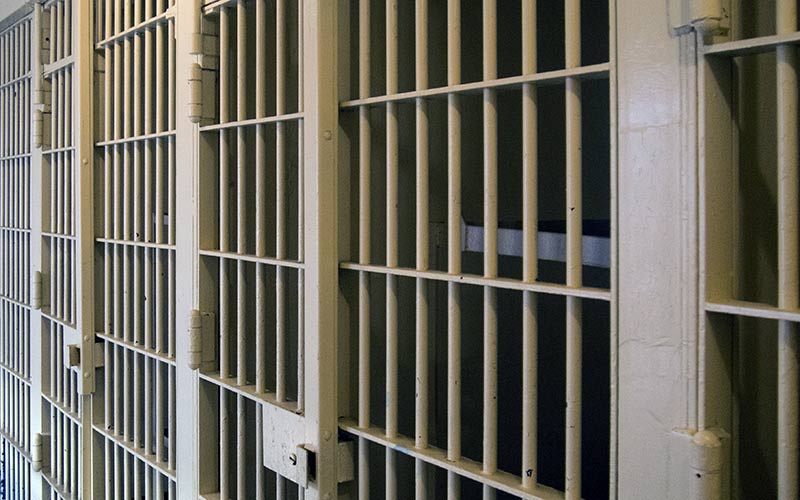‘I write and recite these words on January the 2nd 2022, less than two years away from my proposed execution, which is scheduled to take place on November the 16th 2023. In other words, I’m standing on the brink of my existence, staring directly into that terrifying darkness that awaits us all. It’s a difficult dilemma to be in, I won’t lie, but the only way to face it is to make it mean something; it is in this very strict sense of the word that I consider myself an artist: someone who’s trying to make a way out of no way.’
– Keith LaMar, death row, Ohio
These are the words of death row prisoner, Keith LaMar, scheduled to be executed in November 2023 for alleged crimes that occurred during the 1993 Lucasville Prison riot. For three decades Keith has maintained his innocence, all while being held in solitary confinement, with the fear of execution looming.
Along with a cadre of professional jazz musicians, Albert Marques, convinced that Keith had not received a fair trial and was in fact innocent, began putting music to work as a tool to help him. The pair, together with some of New York’s finest musicians, produced an album of Keith’s spoken-word accounts to jazz, addressing the pain and terror of isolation and incarceration, as well as the benefits of hope and of having been introduced to improvisational music, to which, he claims, he owes his sanity. What’s more, recorded during the pandemic, the project was completed almost entirely remotely with Keith’s vocal being recorded via telephone directly from his cell.
As Keith recites in his piece ‘Calling All Souls,’
‘That an innocent man could be thrown into the depths of hell is an unspeakable horror, one that stretches back to the agony and pain that attended the middle passage. Indeed, what I am going through is not unprecedented; it has been done before, a long time ago and recently. It took a fellow prisoner to point this out to me, an old man named Snoop who turned me on to the healing powers of music. It is to him that I owe my sanity. He gave me the means to sublimate my pain and the tools to reconstruct my mentality, which, in turn, allowed me to see and understand that what I’m caught up in is, in fact, the continuation of a centuries-long struggle against oppression and greed.’
Throughout his spoken-word, which can be found in the album, ‘Freedom First’, Keith frequently uses his music as a form of resistance, shining a light on the injustice and inhumanity of the US criminal justice system, and to continue to claim his innocence in the lead-up to his execution. It is not uncommon for prisoners in the US to be executed, only for us to find out through DNA evidence or the confession of another, that they were in fact innocent. Additionally, many individuals on death row today claim innocence. Since 1973, 191 people have been exonerated and released from prison after wrongful conviction and being sentenced to death. This means that for every 8 people sentenced to death since the 1970’s, one person has been exonerated from death row.
For more than two years now, Albert Marques and his band have travelled the world organising concerts that draw attention to Keith’s case. During these concerts, Keith uses his limited and often interrupted call time from the Ohio State Penitentiary to call into the concerts, reading aloud some of his spoken word, making remarks, or sometimes simply enjoying the music.
A collection of Keith and Albert’s works will be played throughout the duration of a temporary art exhibition to be installed in Oxford this weekend. Keith’s passionate advocacy, which he channels through music, embodies the very purpose of the exhibition, to explore expression through art.
Within the soundscape of the ‘Freedom First’ tracks, visitors will see physical works from those on death row all across the world which have been sent especially for this display. The moving collection speaks to art as a unique channel through which to express complex emotional and psychological experiences and the exhibitors invite you to attend and witness the transformative power of art as a tool for reflection and self-exploration. In addition, the exhibition sheds a light on the terrible injustice of capital punishment by celebrating the liberating artwork and giving space to those victims of the system.
The exhibition (free to attend) will run from May 7 – 8 in the Oakeshott room at Lincoln College, Oxford.



